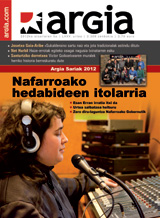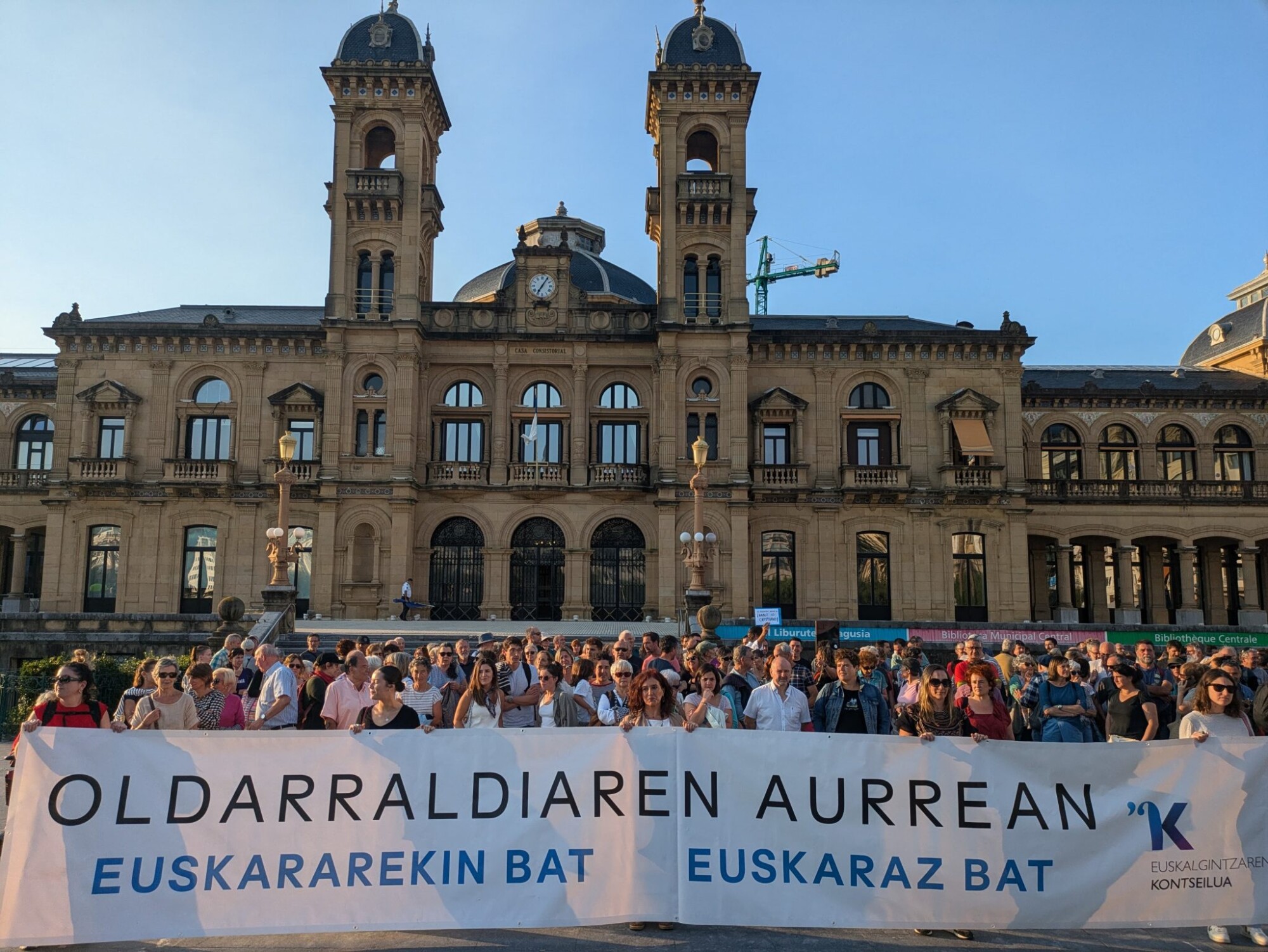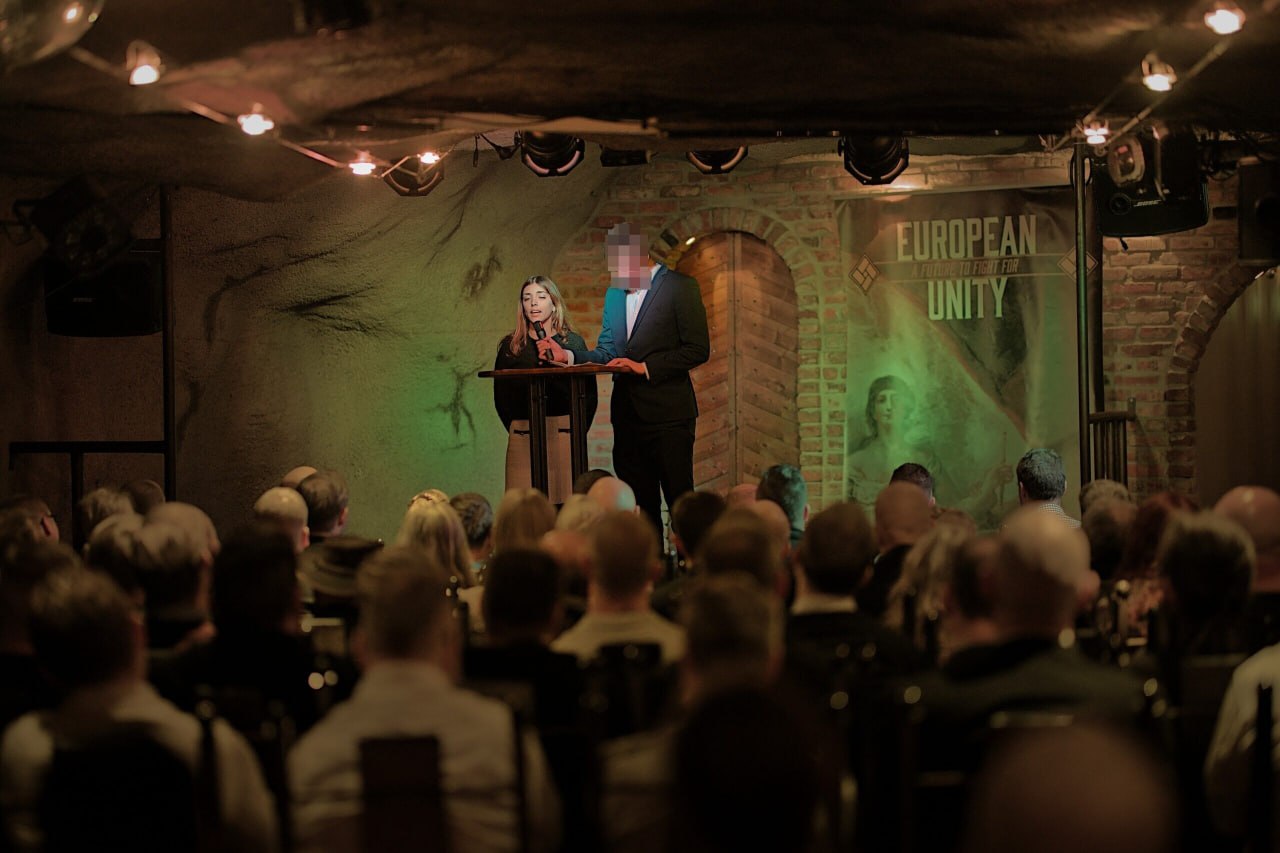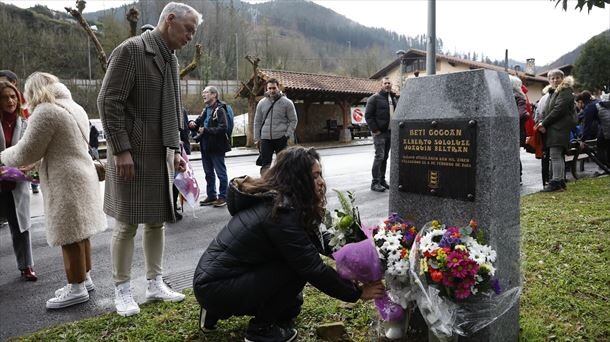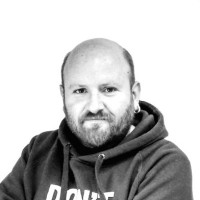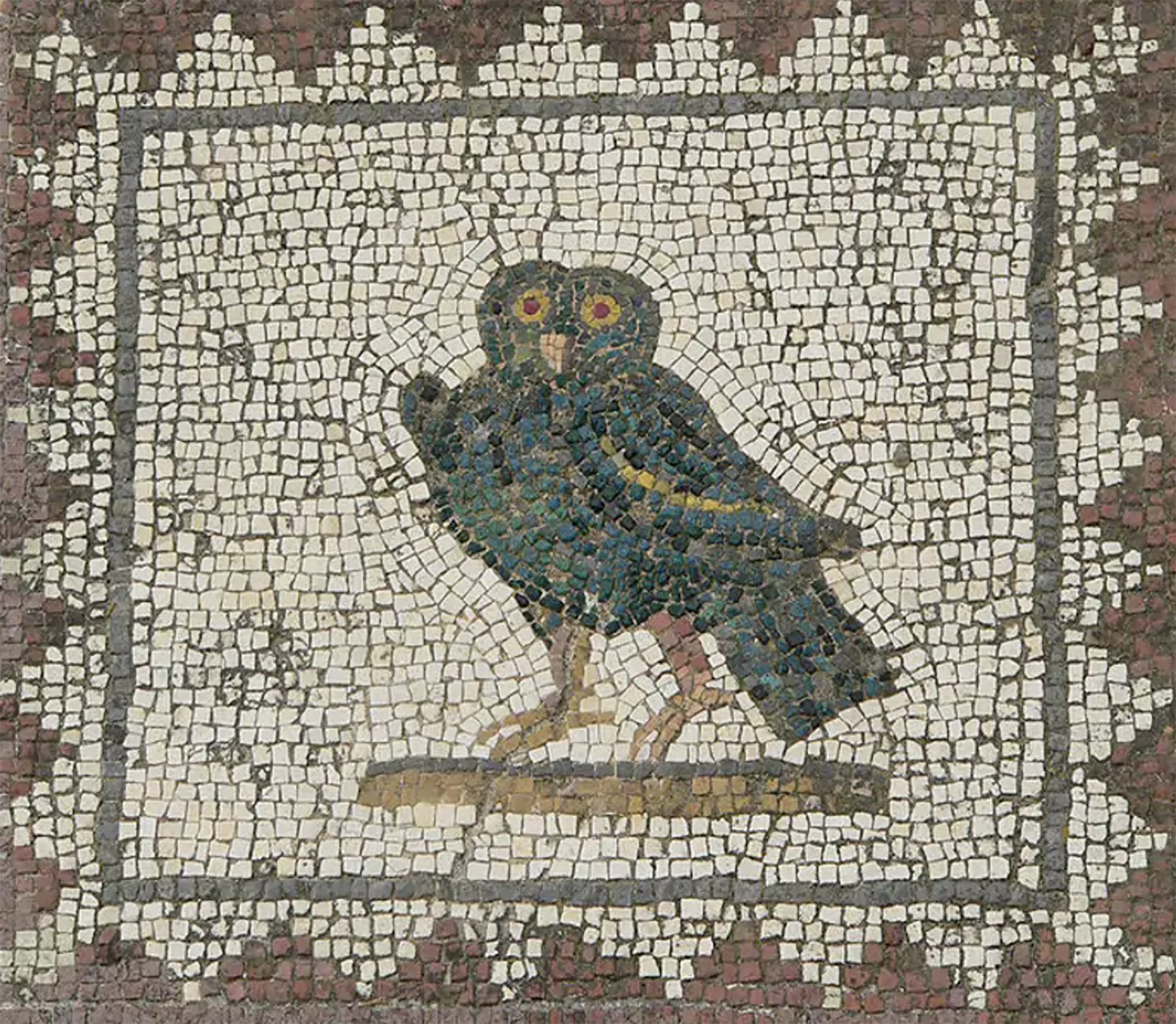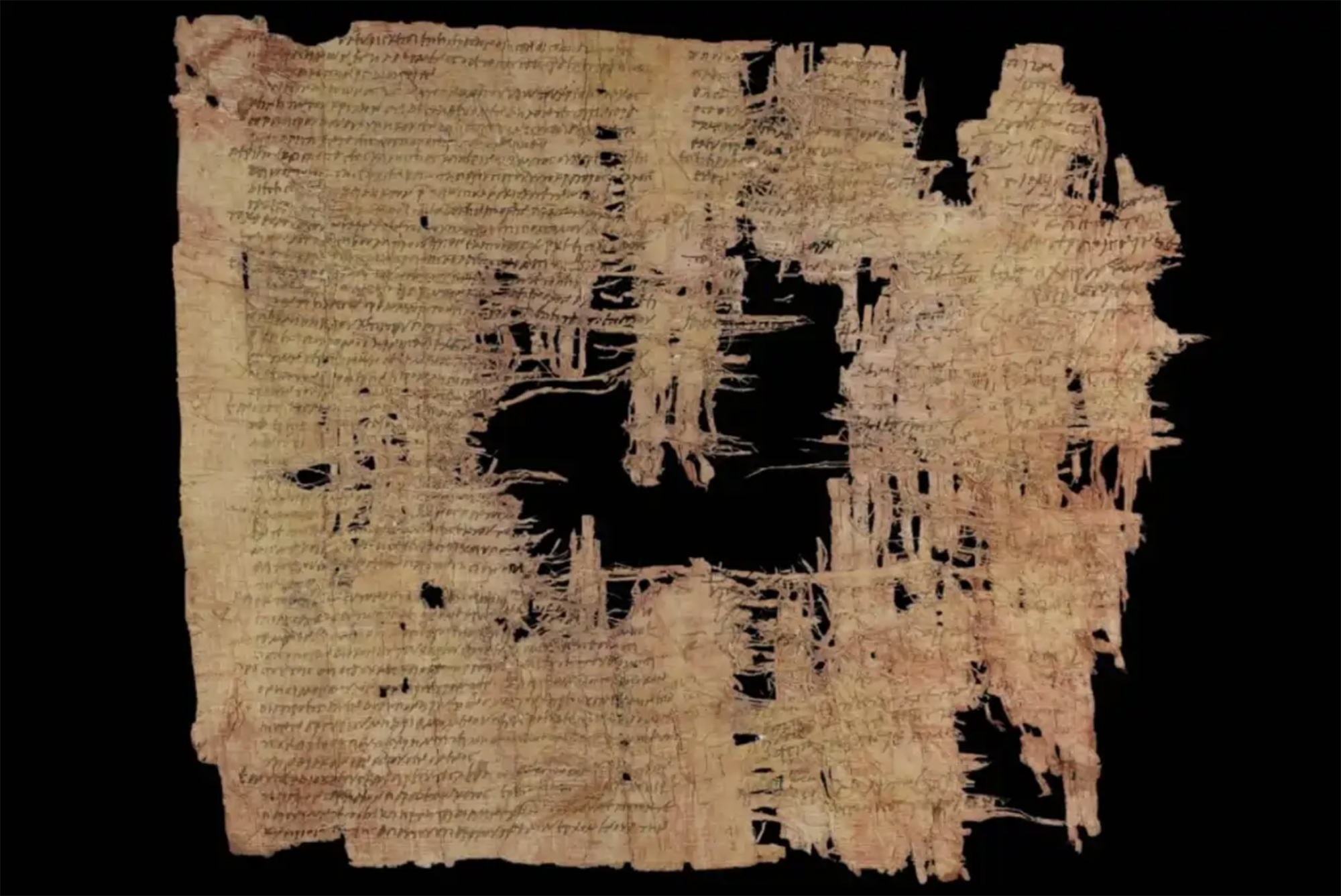The best documentary about North Korea?
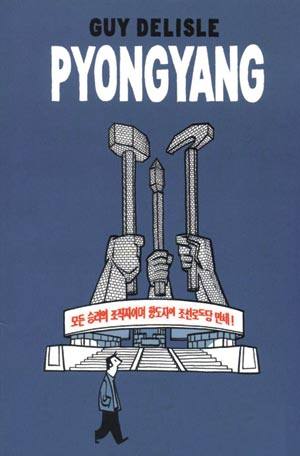
Pyongyang. Guy Delisle.
Astiberri (2007, 3rd edition).
176 pages black and white.
The comic book of Quebequés Guy Delisle opens with a full page drawing of the airport of the capital of North Korea, Pyongyang. The author places more images of the same size in the book, mostly of buildings and monuments that represent the mere grandeur of the country. At the top of the airport building is the portrait of the great leader Kim Il Sung (1912-1994). His image will often be seen throughout the book, along with that of the leader Kim Jong Il, who died on 17 December in Berlin. Delisle was in North Korea in 2003, when, at the request of the French television channel TF1, he went to work on cartoons for two months at the SEK (Scientific Educational Korea) centre. In the comic book he collects, through black and white drawings, what was experienced and seen then: portraits of two of his almost twins leaders who keep watching, “volunteers” who adapt the roads, mistrust towards the symbols of capitalism (cameras of photos, radios, musical apparatus, etc. ), streetlights that don't turn on at night, an official Red Corner guide that never goes off, a secret guide.
“The best documentary about North Korea is a comic book,” we read in the book’s back cover. “Delisle told his stay in the capital with a demanding irony.” It is true that they are ironic, but I have the feeling that this irony has always been in the spotlight of the North Koreans, that the desire to make them ridiculous is all too obvious. It is true that the reality of North Korea can be ridiculous and absurd – you only have to look at the images of the death of leader Kim Jong Il – but Delill always depict others with ridicule, without turning the situation around and without “punishing” it never, presenting around it as alien. “To what extent can one person’s brain be manipulated?” “Will you believe all the nonsense that you want to make them swallow?” Who knows? Do you think Delille? Do we believe ourselves? That is, it is not the only city in the world that has camcorders to spy on its inhabitants in the streets of Pyongyang.
Oinarrizko maia komunitateko U Yich Lu’um [Lurraren fruitu] organizazioko kide da, eta hizkuntza biziberritzea helburu duen Yúnyum erakundekoa. Bestalde, antropologoa da, hezkuntza prozesuen bideratzaile, eta emakumearen eskubideen aldeko aktibista eta militante... [+]
Azken egunak garrantzi handikoak izan dira Bartzelonan, etxebizitzaren aldeko mugimenduarentzat eta espekulatzaileen aurkako borrokarentzat. Urtarrilaren 28an, polizia-armada batek Raval auzoko Massana Zaharrari [zentro sozial okupatua] eraso egin zion goizaldean, aurrez abisatu... [+]
Zer jakin behar dut? Norekin erlazionatu behar dut? Non bizi behar dut? Ardura horiekin gabiltza gizakiok gure gizarteen baitan bizitza on baten ideia bizitzeko bidean. Ondo erantzuten ez badakigu, bazterretan geratuko garen beldurrez.
Joan den astean, kanpoan geratzearen... [+]
Gure lurraldeetan eta bizitzetan sortzen diren behar, desio eta ekimenen inguruan gero eta gehiago entzuten dugu harreman eta proiektu publiko-komunitarioak landu beharraz, eta pozgarria da benetan, merkaturik gabeko gizarte antolaketarako ezinbesteko eredua baita. Baina... [+]
We have renewed the dialogue in the secretariat of the faculty, for the most auspicious: they are far away, for their enrollment, the times when only the students came. The trend has changed for a long time, and parents – most notably mothers – are taking an increasingly... [+]
The argument of a syllogism has three propositions, the last of which is necessarily deduced from the other two. It is with this deductive logic that I can analyze, for me, the long and traumatic socioecological conflict in Carpinteria that is taking place in Navarre.
The... [+]
I have recently worked in class on Etxahun Barkox’s beautiful and touching cobla. The bad guy! The afflictions of the house began because of the creation of the “praube with beauty”, but in seventeen years she had entered the sea of misfortune, having to abandon the girl... [+]
Poloniar ikerlari talde batek Sevillako Italica aztarnategiko Txorien Etxea aztertu du, eta eraikinaren zoruko mosaikoak erromatar garaiko hegazti-bilduma xeheena dela ondorioztatu du.
Txorien etxean 33 hegazti daude mosaikoetan xehetasun handiz irudikatuta. Beste... [+]
Judea, 2nd century AD. In the turbulent atmosphere of the Roman province, a trial was held against Gaddaliah and Saul, accused of fraud and tax evasion. The trial was reported on a 133-line paper in Greek (pictured). Thinking that it was a Nabataean document, the papyrus was... [+]









